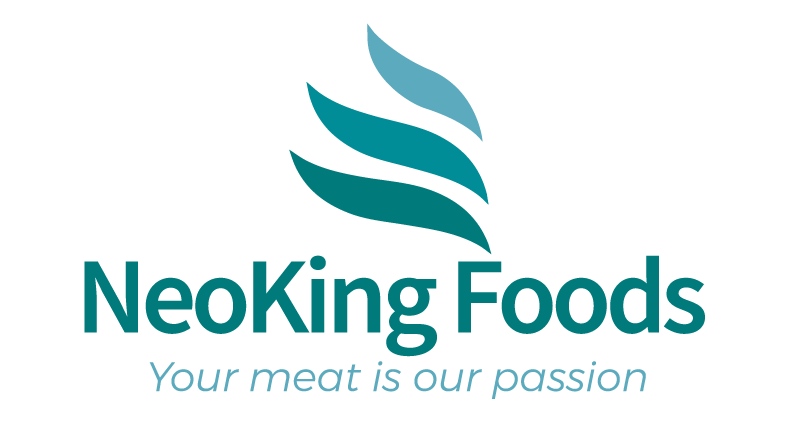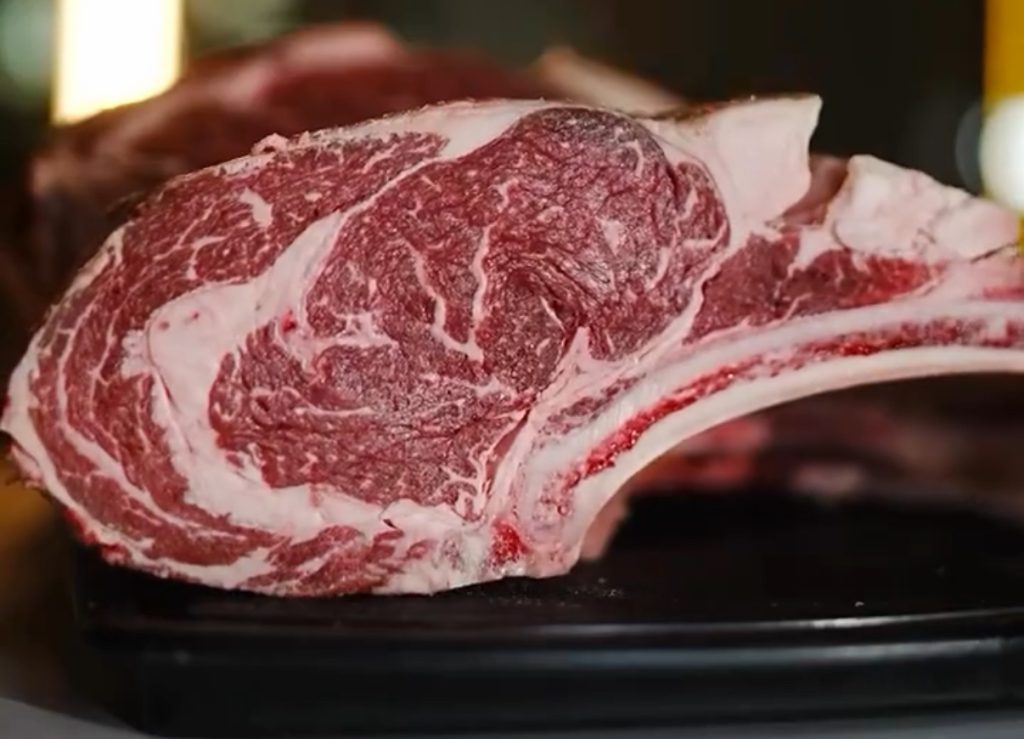Brazil’s beef industry is entering a new phase of strategic realignment in 2025. After a historic production year in 2024, the country is projected to reduce output slightly—yet export numbers remain strong, reaffirming Brazil’s position as one of the world’s top beef suppliers.
🐄 Production in 2025: A Strategic Adjustment
Brazil slaughtered 39.1 million head of cattle in 2024, a 15% increase compared to 2023. However, 2025 is expected to bring a 5% decline in production, totaling around 11.5 million tons of beef.
Key reasons for the decline include:
-
Herd rebuilding, especially with retained females;
-
Adverse climate conditions impacting pasture recovery;
-
A shift toward sustainable practices and traceability efforts.
🌍 Record-High Exports Continue
Despite the drop in domestic production, Brazil’s export momentum remains strong:
-
March 2025: 215K+ tons exported (+27.4% YoY)
-
April 2025: 12.25K tons/day, an increase of +29.8%
From January to November 2024, beef exports had already grown by 30.4% compared to the previous year— and 2025 is on track to surpass that.
Top importing countries:
-
🇨🇳 China
-
🇺🇸 United States
-
🇦🇪 United Arab Emirates
-
🇨🇱 Chile
-
Emerging markets: 🇯🇵 Japan, 🇻🇳 Vietnam, 🇹🇷 Turkey, 🇰🇷 South Korea
🌱 Sustainability and Traceability in the Spotlight
Sustainability is becoming a key factor in Brazil’s export competitiveness.
Notable initiatives:
-
A government-backed project in Pará state will require QR code traceability on all cattle by 2027 (JBS is already on board);
-
Audits show that packers in the “Legal Beef” program have just 4% of cattle linked to deforestation, compared to 52% for non-compliant suppliers;
-
The ongoing challenge remains the “cattle laundering” issue via unregulated indirect suppliers.
📈 A Sustainable Growth Outlook
Looking ahead, Brazil continues to invest in:
-
Expanding feedlot systems, with 7% growth forecasted for 2025;
-
Implementing cutting-edge traceability and logistics;
-
Strengthening its role as a reliable global beef exporter.
🔎 Conclusion
Brazil’s beef sector remains a cornerstone of the national agribusiness economy and global protein supply. With a focus on sustainable expansion, traceability, and market diversification, the country proves it can lead with both responsibility and scale.


